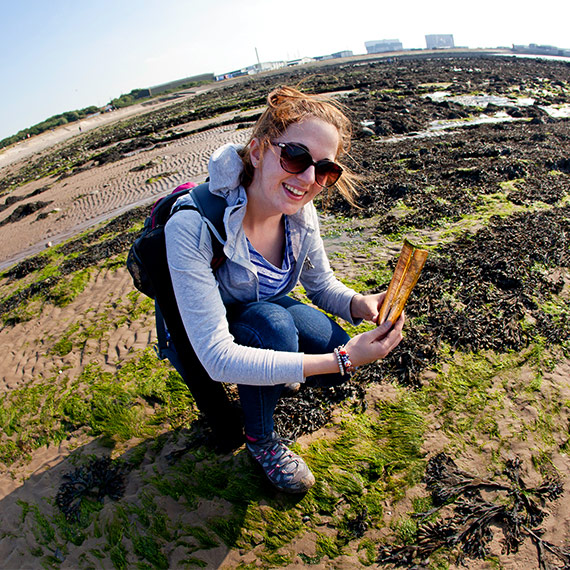Multidisciplinary masterclasses
To change how we live and manage our planet in the future, our thinking must evolve to develop comprehensive solutions that are aware of interconnected and multifaceted nature of global challenges. Understanding diverse perspectives informs decision-making, improves collaboration, and accelerates innovation.
Lancaster Environment Centre (LEC) is one of the largest environmental research centres in Europe and combines the world-class research in biology, ecology, earth and environmental science, geography and social sciences. This breadth of collaboration enables us to tackle grand environmental challenges, and to teach our students to see the connections.
To show your students where their passions and futures careers could help tackle 21st century environmental issues, we have four multidisciplinary masterclasses on offer, designed to draw attention to the connections between different disciplines. Students will get a taste of what it’s like to study at LEC and take their skills and studies to the next level.
| Date | M1 | M2 | M3 | M4 |
|---|---|---|---|---|
| Wed 24th March | ✓ | ✓ | ✓ To source specialist equipment and prepare plants, we only plan to run this class once. Please let us know which dates may suit you. |
✓ |
| Thurs 25th March | ✓ | ✓ | ✓ | |
| Wed 15th April | ✓ | ✓ | ||
| Thurs 16th April | ✓ | ✓ | ||
| Wed 20th May | ✓ | ✓ | ||
| Thurs 21st May | ✓ | ✓ | ||
| Wed 3rd June | ✓ | ✓ | ✓ | |
| Thurs 4th June | ✓ | ✓ | ✓ |
Capacity: Masterclasses M1 and M2 can be run with up to 50 students per day; Masterclass M3 with up to 30 students, and Masterclass M4 is ideally limited to 10 (so that all students have a chance to be involved with the bird ringing).




